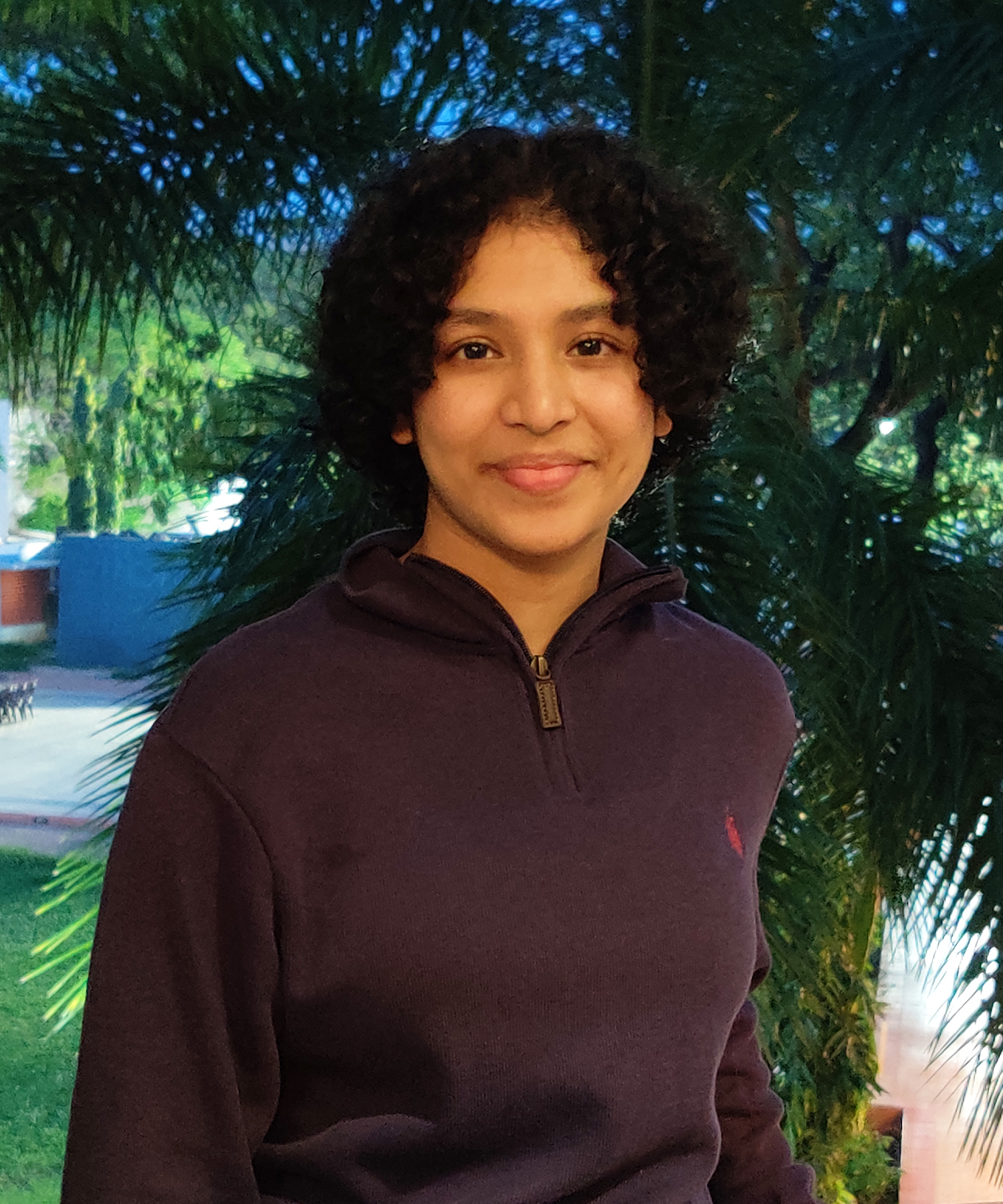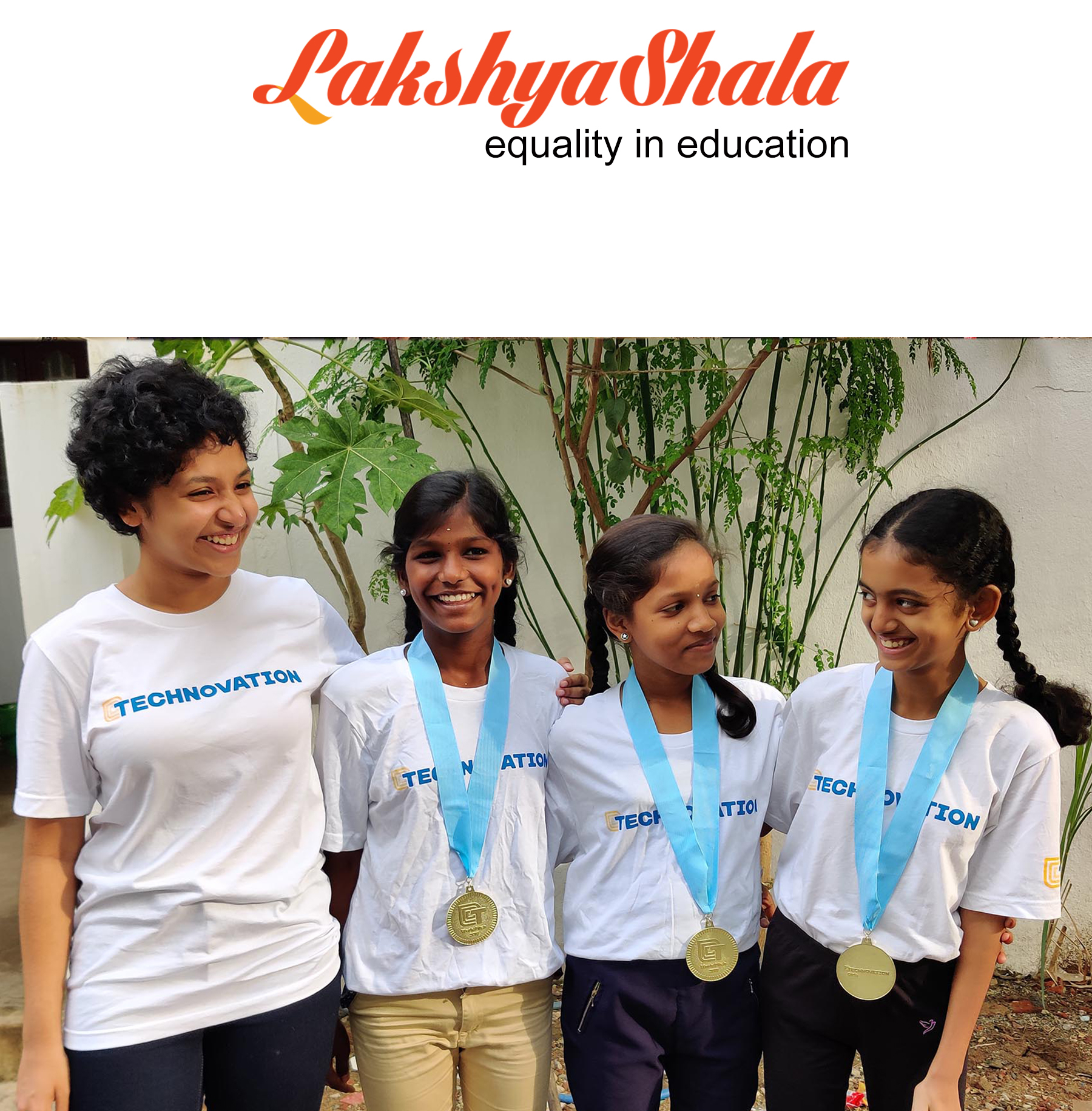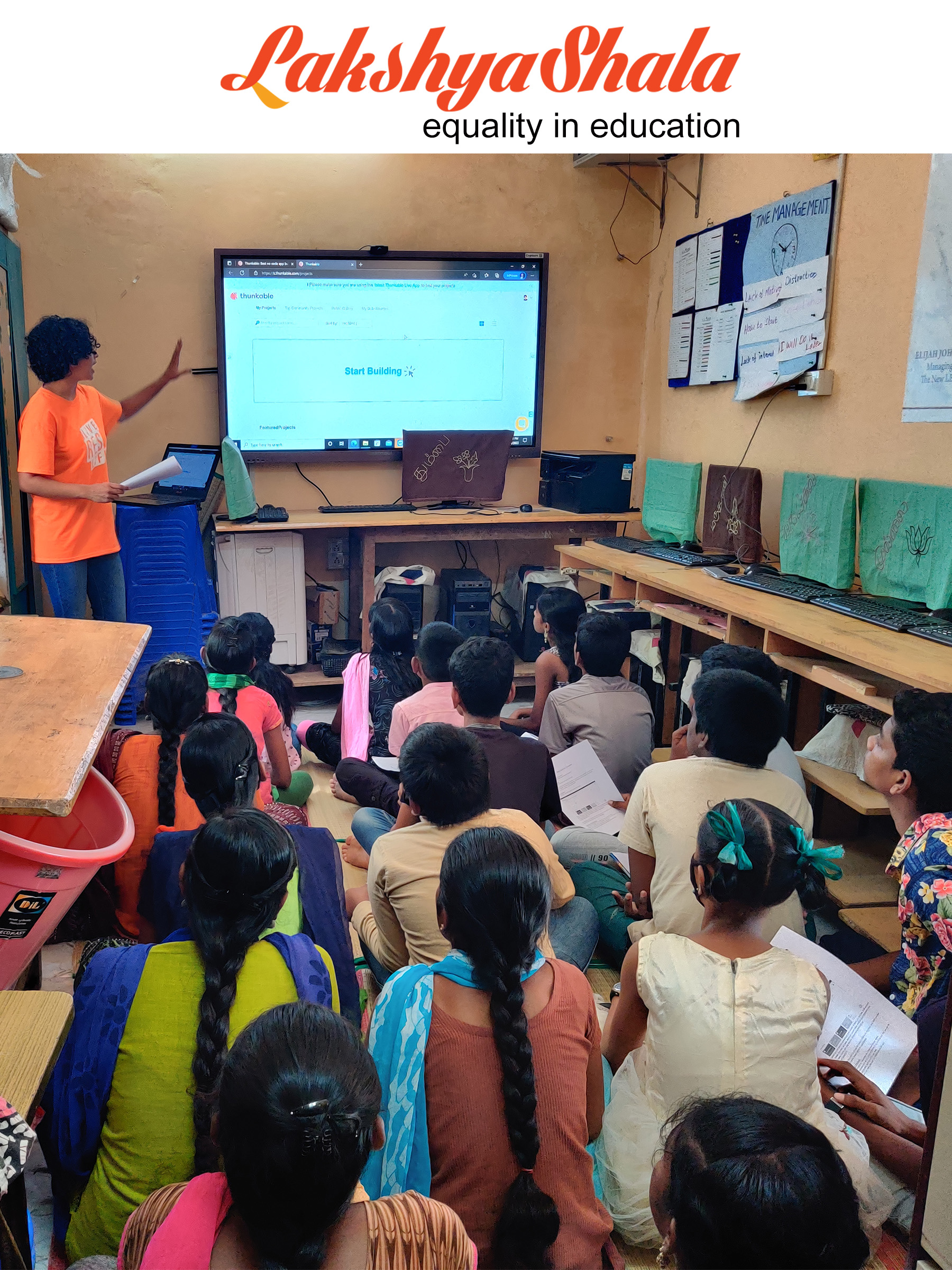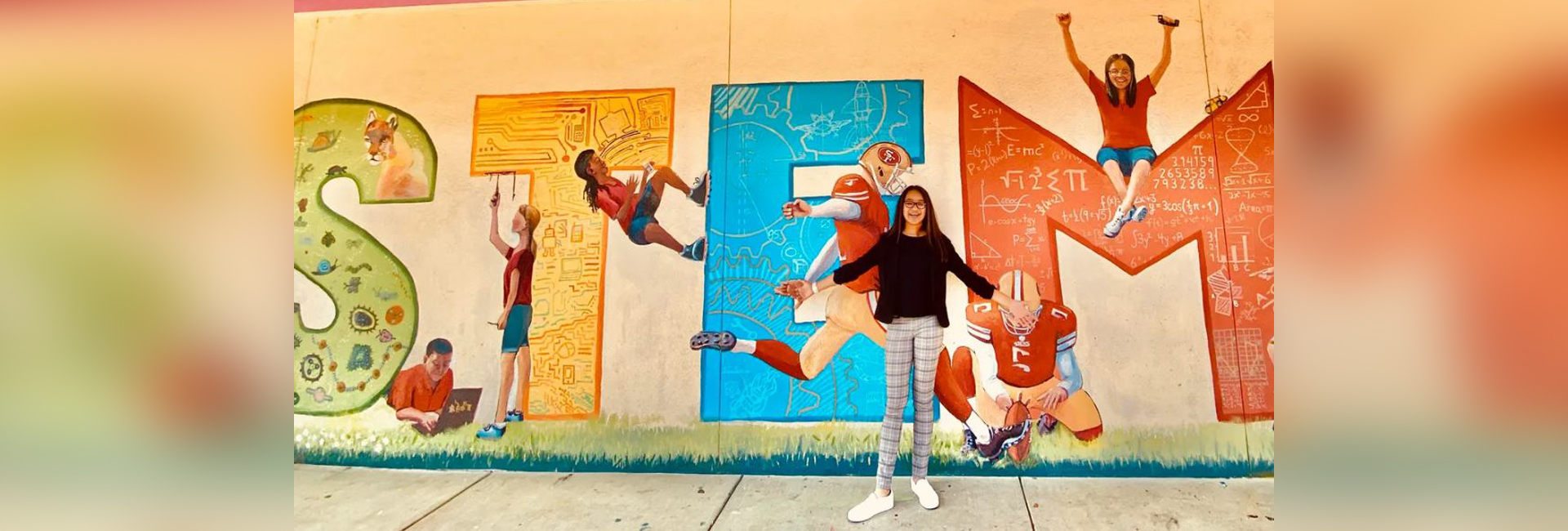(July 27, 2022) At her home in Chennai, a young Tanya Elizabeth Ken was perplexed seeing a 16-year-old girl clean her house. Upon enquiring, she was informed that the teenager had to fend for her family, at an age when she should have been studying. This was her first encounter with “inequality in education.” “She loved playing Sudoku, and had the aptitude, but education eluded her because she had to provide for her family. That’s when my parents stepped in and started teaching her to read and speak in English,” says Ken, who learnt at an early age that anyone has the power to make a change. The changemaker did so by launching LakshyaShala at the age of 14 to help underserved kids to have a fair chance at studying.
Having created a difference in the lives of 700 underprivileged students so far by helping them step out of poverty, Tanya is handholding them towards a profession of their choice. It began with her struggle in finding a path to a career in cybersecurity. “Our education system is not equipped enough to help us reach our goals, even for students like me who are privileged enough. If this is the plight of students in top schools, what about the students in underserved communities? That made me start LakshyShala to help connect the dots and lead them to their goals,” Tanya tells Global Indian.

Tanya Elizabeth Ken is the founder of LakshyaShala.
Personal struggle leads to a mission
The passion for video games led the Chennai-raised towards a path that’s set at the intersection of technology and education. Her love for tech began in grade four when she decided to become a video game developer. “I wanted to code my own video game, and even learnt C++ (a programming language),” smiles the 20-year-old. Her interest in technology translated into a mission when she was in grade eight with her sudden curiosity in cybersecurity. “My dad’s an HR manager and my mom is a web designer, and they couldn’t help me with the field of cybersecurity. Even school wasn’t able to guide me properly. That’s when it dawned upon me that despite being a part of the privileged society, I had trouble figuring out my way. How are students in underserved communities treading this path?” This question kept gnawing at her consciousness, and it was at Technovation Challenge in the US in 2017 that the changemaker came up with a possible solution.
“I realised it was a deeply-rooted problem that affected students across the globe, so we decided to match a student with an alumnus who has actualised the aspiration, and can handhold the student in his/her journey towards realising this dream. This gave birth to LakshyaShala in 2017 with the aim of equality in education,” says the Iowa State University student.


On her return to Chennai, the changemaker interacted with the students of a government school in Tirusulam and found that most were only exposed to a few professions. “They idolised police officers and teachers and had no aspiration to see beyond these professions. It was unfair that the education system wasn’t giving them exposure. Making a career in arts like music was unheard of. I asked myself how we can break the cycle of poverty if they are not getting an equal chance in education,” says Tanya who registered the edtech firm LakshyaShala with the seed money she won at the Technovation Challenge. This propelled her to engage with 2 NGOs – The New LEED Trust in Perungudi and Paadhai Home in Valasvaravakam – and a government school in Trisulam, wherein LakshyaShala developed a unified component model that “creates an ecosystem for actionable solutions that cover 11 out of 17 UN SDGs.”
Edtech firm with a difference
While the Baton app, which won the first position at the Technovation Challenge in 2019, is a masterstroke for social impact – passing on the incomplete social initiatives from one social worker to another after their term expires, without halting the progress of the project, the DNI Funnel helps to recruit talent from the underserved communities. “We realised that all stakeholders – social workers, corporates, government, and NGOs – need to come together to solve the problem, and not work as separate entities,” says the changemaker.
The Technovation Challenge 2020 planted the seeds of the goal-shadowing app, which helps an underprivileged kid goal-shadow the tasks done by a privileged child. “The app then matches them with a mentor, and both of them can get the same exposure as each other,” adds Tanya who is happy with the impact that LakshyaShala has made in the last few years. “Stella and Ishwarya, children in a home run by an NGO called Paadhai in Chennai, were the finalists in Technovation Challenge which help them win $12000, a sum they are now using for their education. LakshyaShala helped both of them realise their interest in the STEM field, and I cannot be happier,” beams Tanya.


Tanya with the team that I mentored for the Technovation Challenge in 2019.
The patchy road
Making LakshyaShala a success was a journey full of trials and tribulations. The initial skepticism of parents was a hindrance that LakshyaShala had to deal with. “We had to be very patient. Since everything was new for the kids – from learning to use the computers to speaking in English, we had to work on creating a safe environment for them to learn. Helping them understand that making mistakes is a part of the journey,” adds the girl who is driven to learn more about AI and Machine Learning to solve social-related issues. A computer science undergrad in the US, Tanya found it initially difficult to settle in their education system. “In India, it’s a very theory-based system but there they focus on practical and application. Also, since I home-schooled in my Class 11 and 12 to focus on LakshyaShala, it was hard to get back to a structured environment and to not study at my pace,” smiles the changemaker who is currently in Chennai after wrapping up her first-year exams.


She is now focused on building the team, funding, networking, and creating proper technology for the key modules. “I now want to expand LakshyaShala to the US, of course, with some tweaks,” says the girl who loves skateboarding, cycling, and mountain climbing. The young changemaker calls “winning by failure” her biggest lesson in the journey. “I have learnt that failures are never a setback. There is always another way to solve it.”



